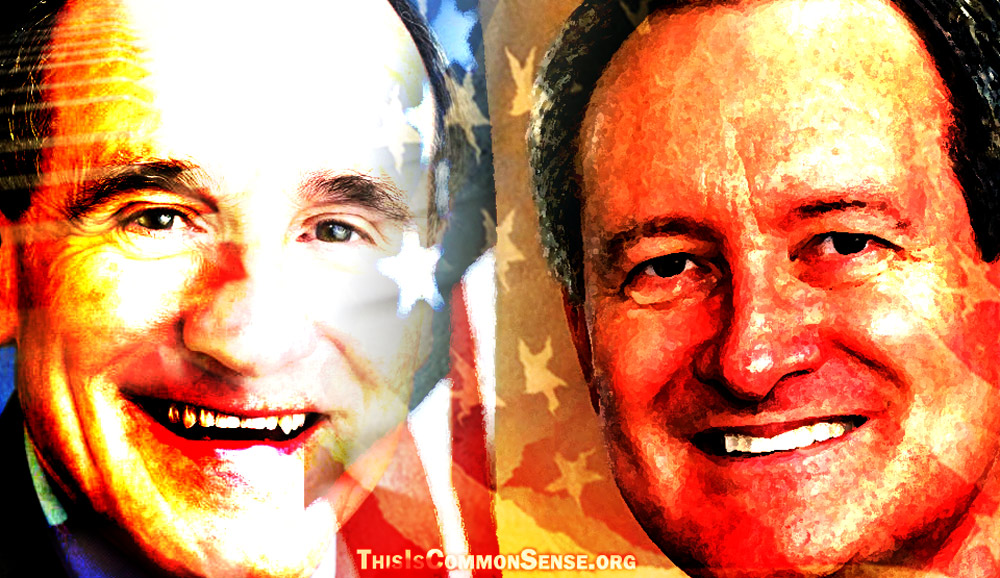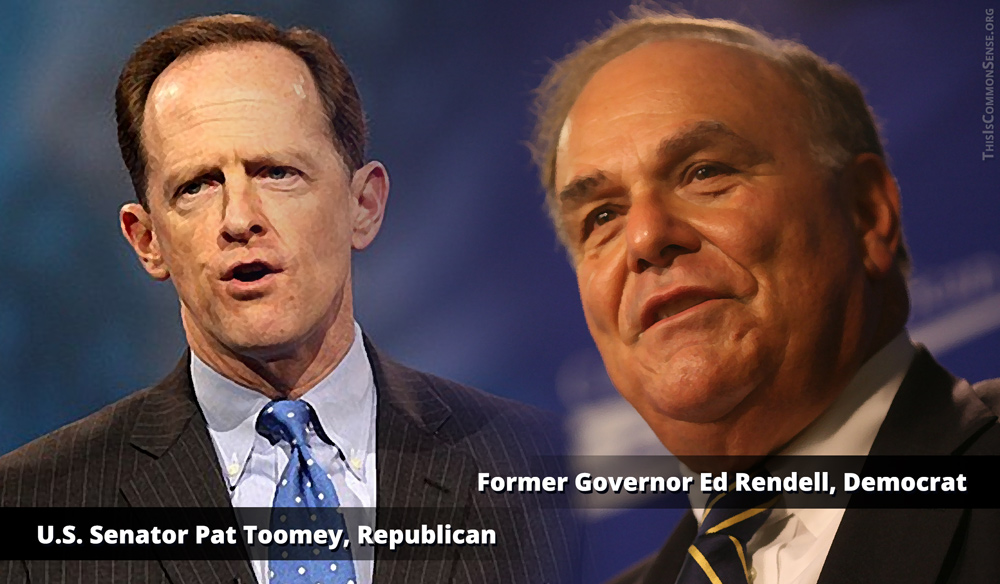As corrupting as political power may be, not everyone is corrupted by it, at least not to the same grievous extent.
Yet, even if one starts out with some measure of integrity and good intentions, the longer one is entrenched in power, the more likely one is to lose one’s way. Little by little, and then in leaps and bounds, one goes along to get along, learning to appreciate the perks of power and the advantages of cooperating with party bosses, forgetting one’s desire to buck the establishment and always do the right thing.
Within just five years, formerly fiscally conservative U.S. Senators Jim Risch and Mike Crapo, both Republicans “representing” Idaho, started swerving toward the abyss. Now they’re on glissando skids.
Bryan Smith, vice chair of the Bonneville County Republican Central Committee, observes the dispiriting trajectory in a recent commentary.
He cites New American’s Freedom Index, which assesses how well lawmakers work for “limited government, fiscal responsibility, national sovereignty, and avoiding foreign entanglements.”
Risch and Crapo slid from a rating of 95% and 95% in 2012 to 80% and 80% in 2015, 50% and 50% in 2018, and 35% and 30% in 2020. Both have so far gotten a score of 90% the first half of 2021, yet both also voted Yes to the recent $1.2 trillion “infrastructure” bill.
Smith remembers how both men once proudly opposed runaway government spending.
This is hardly new — or confined to Idaho. As a 1994 Cato Institute analysis concluded: “members of Congress become more pro-tax-and-spend the longer they serve in Washington.”
This is Common Sense. I’m Paul Jacob.
See all recent commentary
(simplified and organized)
See recent popular posts















